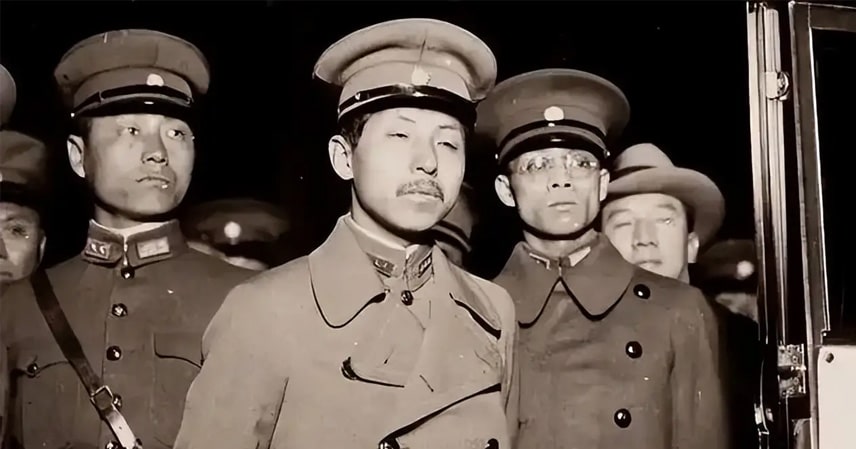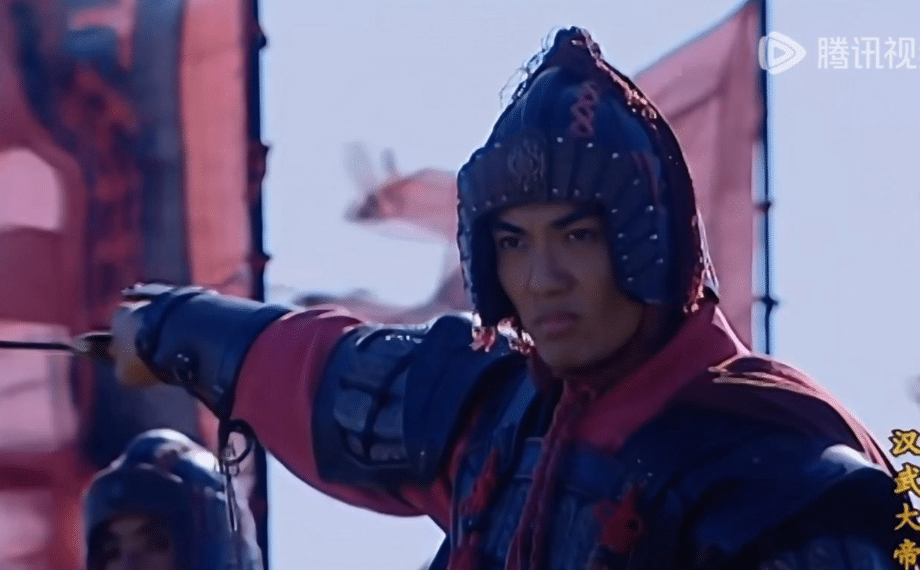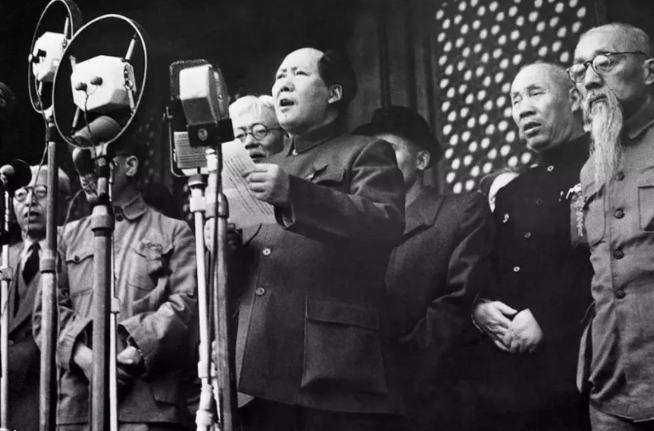The Xi’an Incident holds a unique place in modern Chinese history. It was like a crossroads, where every choice carried the weight of the entire nation’s destiny.
In December 1936, Zhang Xueliang and Yang Hucheng detained Chiang Kai-shek, shocking both China and the world. The backdrop was dire: Japan had already seized Manchuria, North China was on the brink of collapse, and public opinion was boiling against Chiang’s policy of “internal pacification before external resistance.” Some even called for Chiang’s execution after his capture.
But what if Zhang and Yang had truly pulled the trigger? How would Chinese history have changed if Chiang Kai-shek had been killed in Xi’an?
Chiang Kai-shek’s Central Role
Whether one admires him or not, Chiang was the irreplaceable core of the Nationalist government in 1936.
- The Central Army, the strongest military force, took direct orders from him.
- The financial, diplomatic, and personnel systems revolved around his authority.
- At the outbreak of the incident, Chiang was personally at the front lines directing the campaign against the Communists, not preparing for resistance against Japan.
For Zhang Xueliang, commander of the Northeast Army, this was intolerable. His forces had bled heavily in battles against the Red Army while having no chance to fight Japan. With the humiliation of losing Manchuria, Zhang faced growing discontent among his troops.
Detaining Chiang was an extreme measure born of pressure. But execution was a different matter entirely—while detention allowed for bargaining, killing him would have destroyed all hope of a political solution.
Immediate Consequences of Chiang’s Death
If Chiang had been killed, the Nationalist government would have lost its central authority overnight.
- Wang Jingwei, the most senior party elder, might have stepped in. But his stance on resisting Japan was weak, and his later collaboration is well-known.
- The key ministries in Nanjing—finance, foreign affairs, transportation—would have faced a leadership vacuum.
- With the Kuomintang split into factions (the Guangxi clique, the CC clique, military governors), a scramble for power was almost inevitable.
China in 1936 had not yet shed the inertia of the warlord era. Even with Chiang alive, constant balancing was required to keep the factions in line. Without him, the likely outcome was not national unity, but chaos and infighting.
Military Fallout
The military consequences would have been even more severe.
- The Central Army would have plunged into command confusion.
- The Northeast and Northwest Armies were strong regionally but lacked the ability to coordinate nationwide defense.
- The Red Army had just completed the Long March and was still weak, making it unlikely to assume national leadership.
Zhang Xueliang, with only the battered Northeast Army under his command, lacked the power to integrate the national military. If he killed Chiang, he would have faced Nanjing’s military retaliation while Japan exploited the chaos to press further south.
International Ramifications
Internationally, the consequences would have been dire.
- The Soviet Union, which had just established better ties with Nanjing, would have lost its main counterpart. Finding a new, authoritative partner in China would have been nearly impossible in the short term.
- The United States and Britain were watching China, but only to protect their interests—not to intervene in internal instability.
- Without a central government, international aid and diplomatic recognition would have collapsed.
In reality, it was only after the peaceful resolution of the Xi’an Incident that the Second United Front against Japan was formed in 1937. If Chiang had been assassinated, that front would almost certainly have been stillborn.
The Importance of Central Authority in the War of Resistance
The later course of the war proves this point.
- Major battles such as the Battle of Shanghai and the Battle of Taierzhuang required massive logistical support and centralized coordination.
- China’s ability to engage diplomatically with the Allies after 1941 was possible only because the Nationalist government provided unified representation.
Had China fractured in 1936, it would not only have lost the ability to sustain long-term war but also the qualification to sit at the Allied table in international strategy discussions.
For Japan, the assassination of Chiang would have been the perfect excuse to accelerate its campaigns in North and East China, perhaps even installing pro-Japanese puppets in Nanjing earlier than history records.
Why Keeping Chiang Was the Lesser Risk
Chiang’s wartime leadership remains controversial. His errors were real, and his policies often carried heavy costs. But at that critical moment, his survival was essential for national unity.
Some may argue that a more resolute anti-Japanese leader would have been better. But in 1936, no such figure existed with the political legitimacy, military control, and international recognition to replace him.
Zhang Xueliang himself understood this. Though deeply frustrated, he chose to send Chiang back to Nanjing alive, securing the Second United Front and enabling China to fight the war as a nation rather than as fragmented warlord cliques.
Conclusion
If Chiang Kai-shek had been killed during the Xi’an Incident, China would likely have plunged into political and military chaos, providing Japan with the perfect opening to seize all of North and even East China. The Anti-Japanese United Front would never have materialized, and international support would have been lost.
The historical path of “preserving Chiang to force cooperation” was the least risky and most viable option. This is why the Xi’an Incident remains one of the most significant turning points in modern Chinese history.



